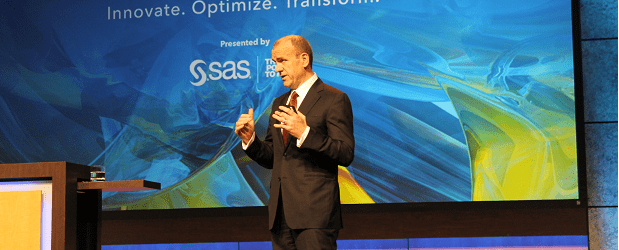The open data movement got another shot in the arm this week with the appearance of World Wide Web founder Sir Tim Berners-Lee to its supports at the not-for-profit’s first ever summit event.
Berners-Lee will be a director of the Open Data Institute (ODI), a London-based not-for-profit organization that wants data to be freely available to everyone. Berners-Lee was part of the introduce of a new global node network that will include Canada, along with the U.S., Dubai, France (Paris), Russia (Moscow), and the U.K. (Manchester).
Overall there will be13 node agreements approved by the ODI. According to the ODI, the nodes bring together companies, and universities that support open data projects and communities.
With the Canadian node, the Canadian Open Data Institute has been started up and former International Association of Certified Microsoft Partners Canada president Dennis Brink will be its executive director. Brink is also the co-founder of the Canadian Open Data Institute along with Thomson Reuters executive Bianca Wylie, Open Knowledge Foundation Canada ambassador Jury Konga, and Jay Bhalla, the man who authored the African country of Kenya’s digital revolution in 2006.
The Canadian node has already stated that it will focus on four key open data areas. They are:
- Advocacy – The plan here is to promote and championing new open data initiatives but also enhance the value of existing sites.
- Education – The plan here is a long term one to build local groups that assist in creating additional groups across the country, similar to a chapter system, which will help spread the word of open data.
- Community Hub – There are other open data groups in Canada, but not a national voice or hub for all the members to collaborate in. The plan here is to create one using the existing Open Knowledge Foundation Canada forum.
- Open Data Hub – The Canadian node wants to create a repository of data with national interest (Census) that will be easily accessible and to link to.



